Deputy President Rigathi Gachagua has recently found himself at the center of controversy following a public display of defiance against President William Ruto.
The former Mathira Member of Parliament’s disagreement with his boss emerged after he endorsed the “one man, one shilling” revenue-sharing model, a stance that diverged from the United Democratic Alliance (UDA) and Kenya Kwanza campaigns.
Gachagua’s support for the revenue-sharing model, which emphasizes equitable distribution of resources based on population, has placed him at odds with President Ruto and other senior officials within the party.
This friction has been exacerbated by Gachagua’s noticeable absence from several State House events, prompting speculation and concern among Kenyans about the state of relations within the highest levels of government.
Adding fuel to the fire, a faction of UDA Members of Parliament has derisively labeled Gachagua “The Villager,” accusing him of promoting parochial interests and focusing on local politics to the detriment of national unity.
This moniker stems from Gachagua’s outspoken advocacy for his regional constituency, which some critics argue undermines broader national policies.
In response to the mounting criticism, Deputy President Gachagua has publicly defended his actions and intentions.
Speaking at a recent event, he asserted his commitment to honesty and integrity, dismissing the notion that he is unaware of the broader political implications of his stance.
“A lot of people are belittling me by calling me a villager,” Gachagua stated. “There’s something I can say but I don’t want to say. I can tell my people to go in a certain direction, and they will listen to me. My people, you know I cannot lead you to the river. I’m still analyzing. I’m not very smart, but I’m also not an idiot; there’s something I know.”Gachagua’s comments highlight his awareness of the political dynamics at play and his strategic approach to navigating them.
He emphasized his deep connection to his constituents and his dedication to advocating for their interests, even in the face of opposition from within his party.
The Deputy President’s stance has sparked a broader debate about the balance between local and national interests in Kenya’s political landscape.
Supporters argue that Gachagua’s position underscores the importance of ensuring that all regions receive fair treatment and resources.
Critics, however, contend that his approach risks fracturing national unity and undermining cohesive policy implementation.
It remains to be seen how Gachagua’s relationship with President Ruto and the broader UDA leadership will evolve.
The Deputy President’s insistence on standing by his principles, despite the political cost, has garnered both admiration and criticism, reflecting the complex and often contentious nature of Kenyan politics.
Deputy President Rigathi Gachagua’s recent actions and statements have placed him in the political spotlight, highlighting tensions within the ruling party and raising questions about the interplay between local and national interests.
As Gachagua continues to assert his position, the political landscape in Kenya will undoubtedly be shaped by the ongoing discourse and the responses from various stakeholders.







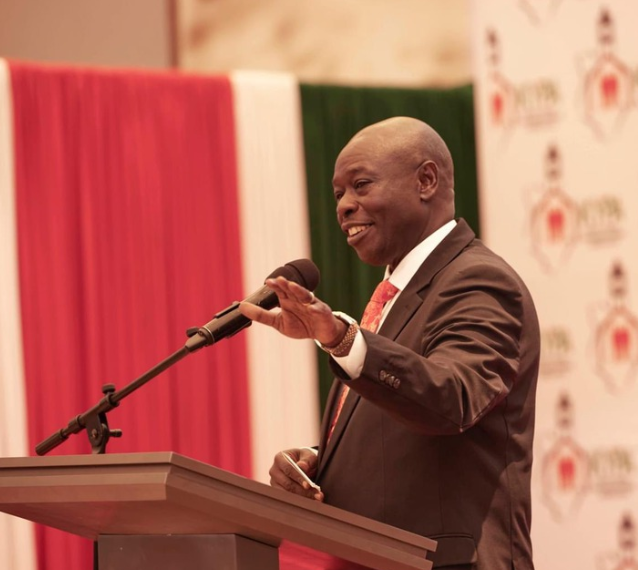
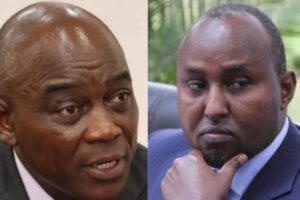
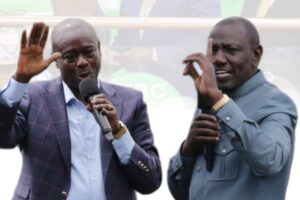


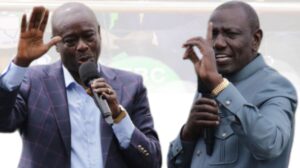



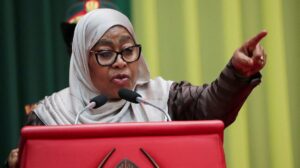
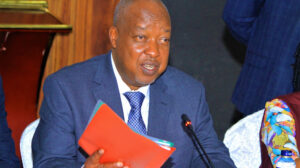

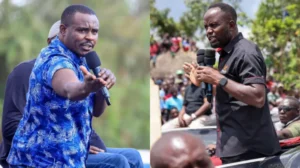

Add Comment